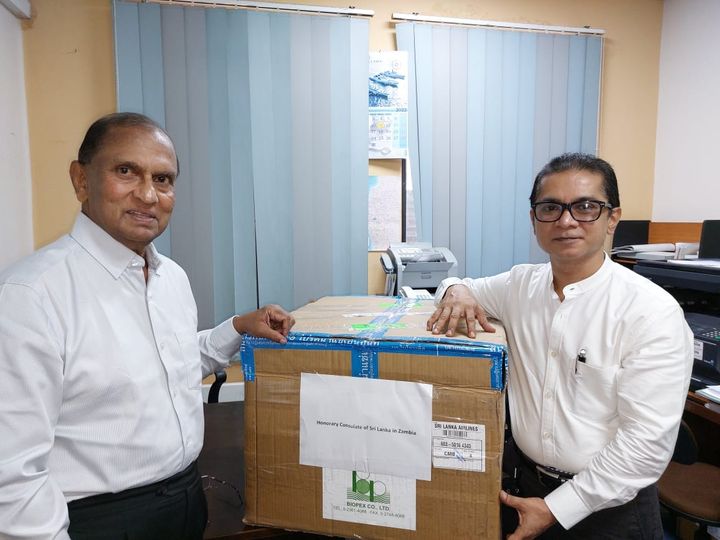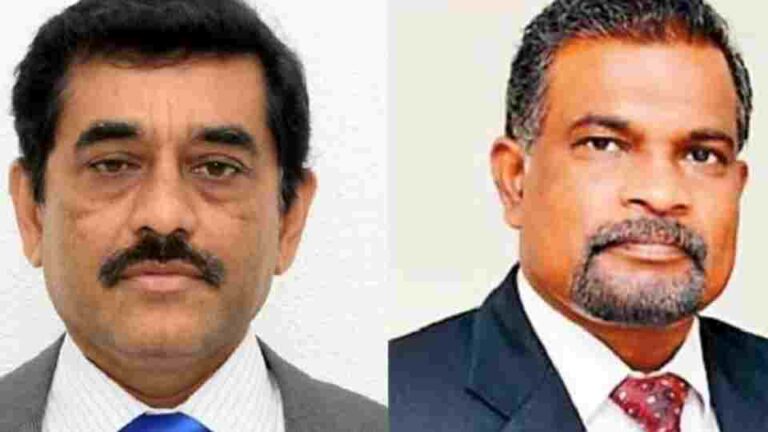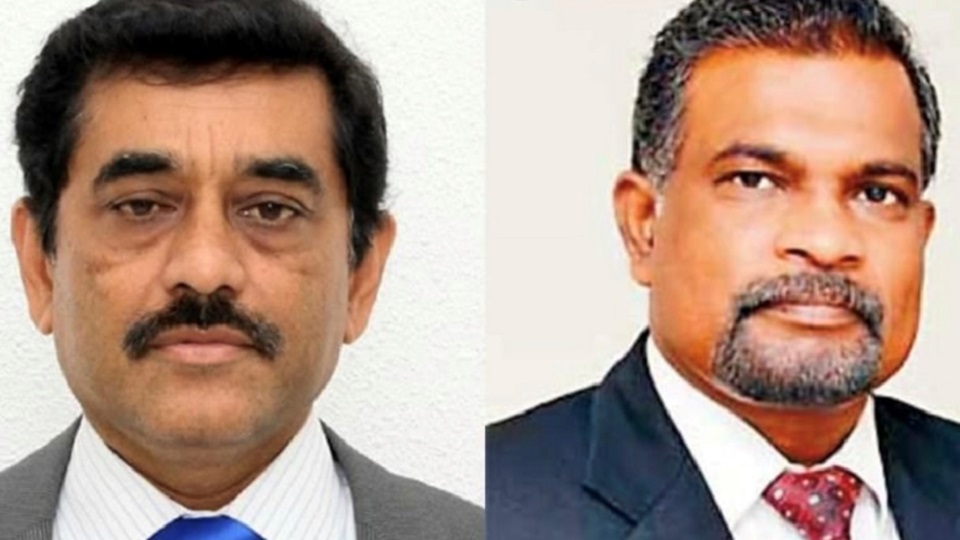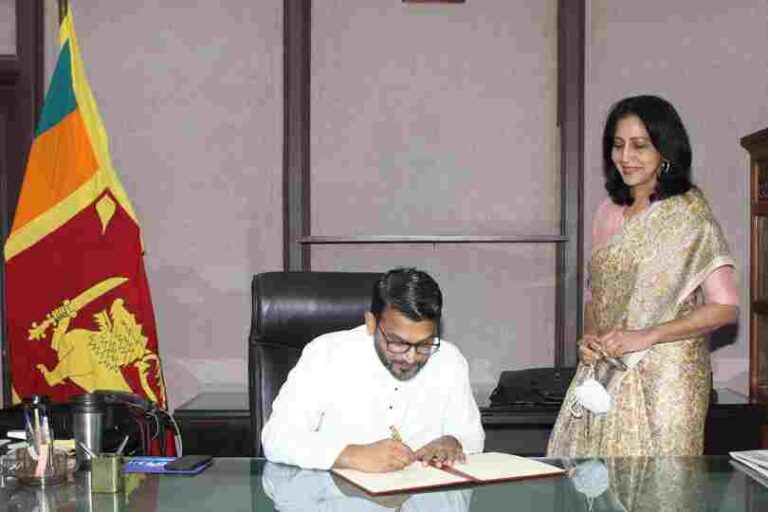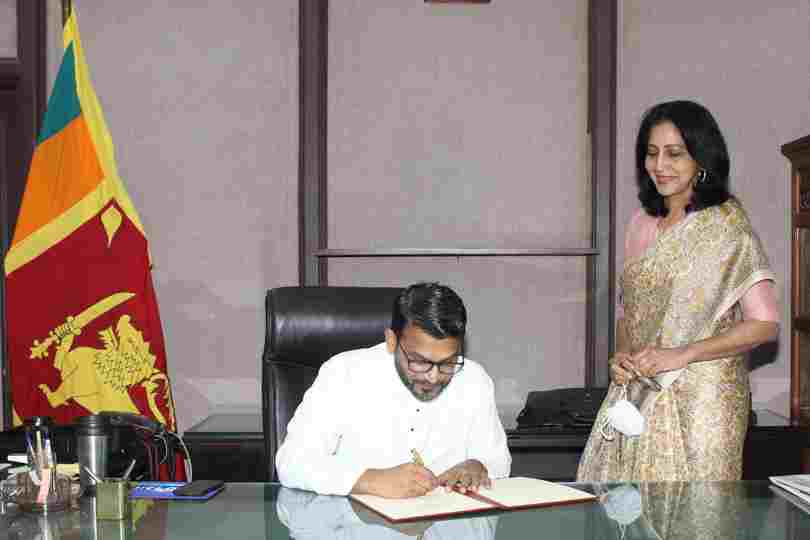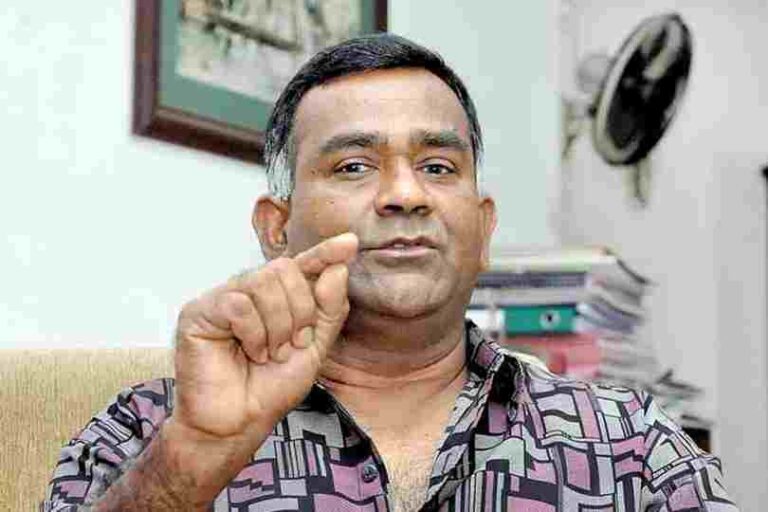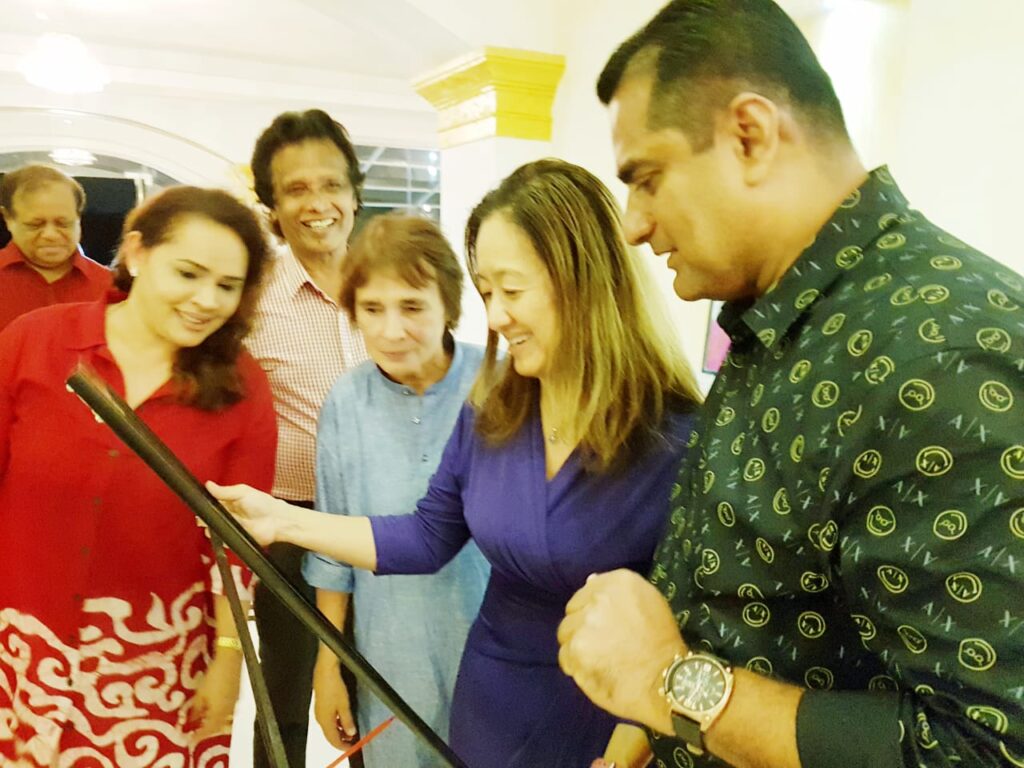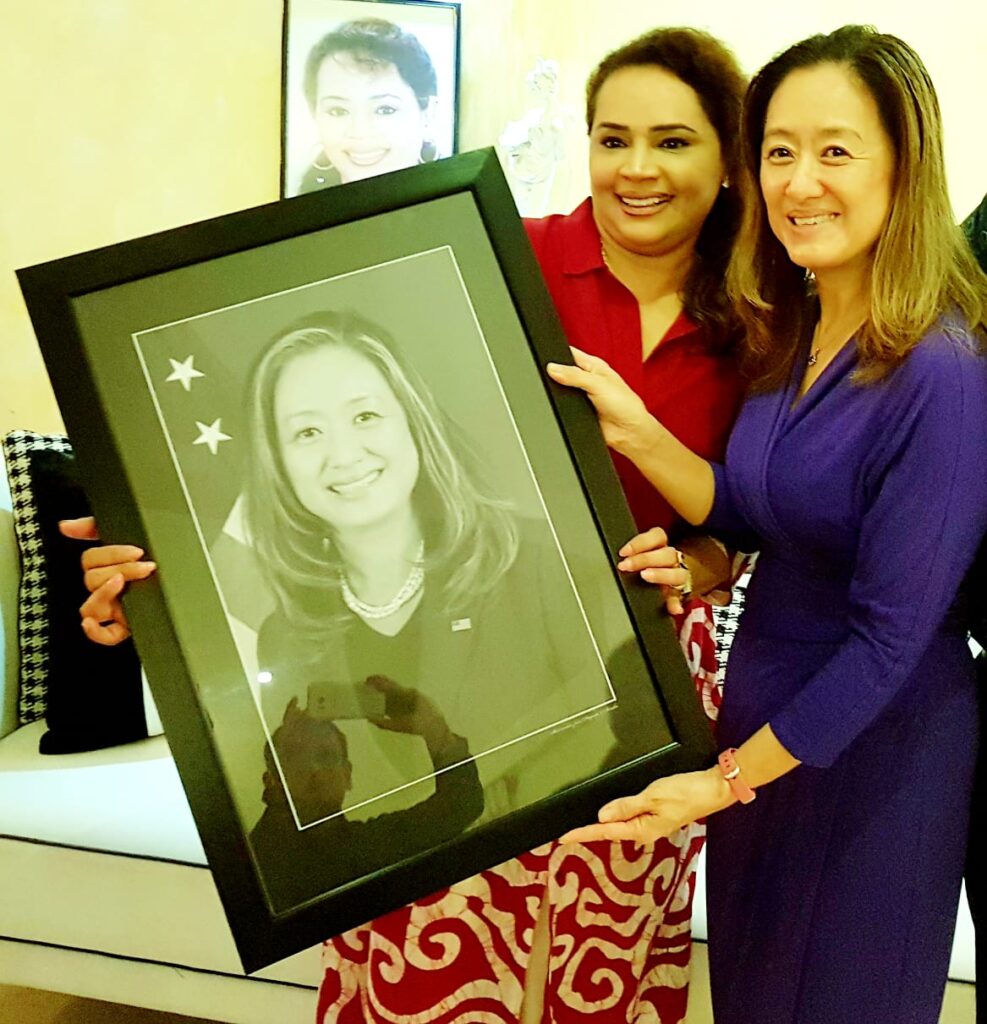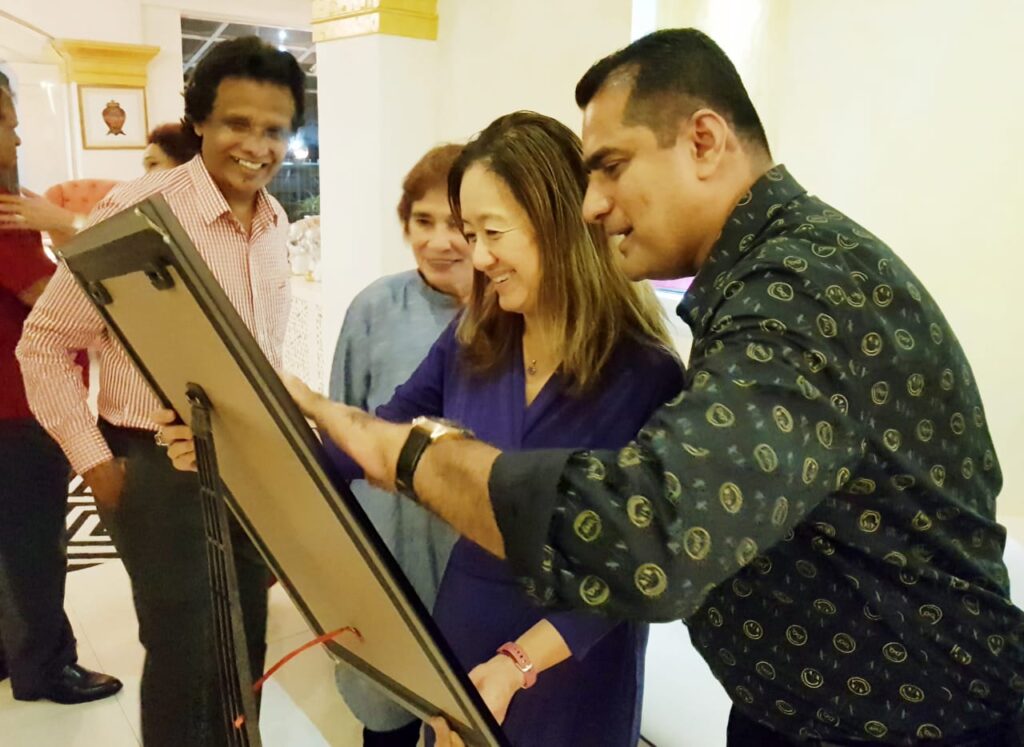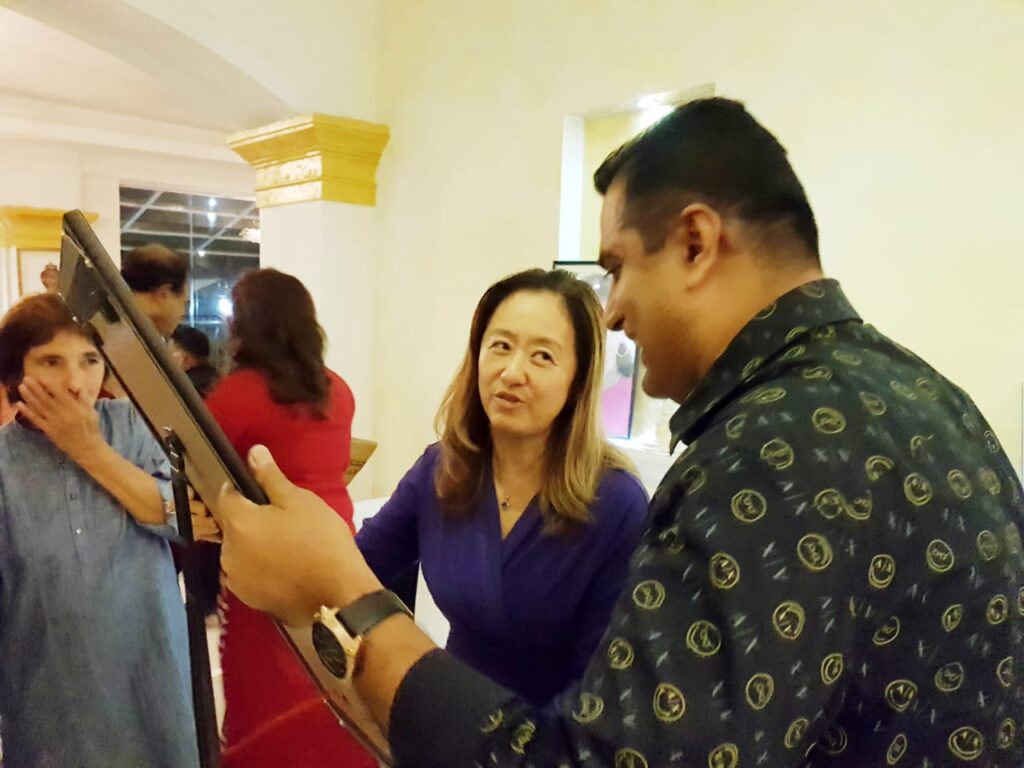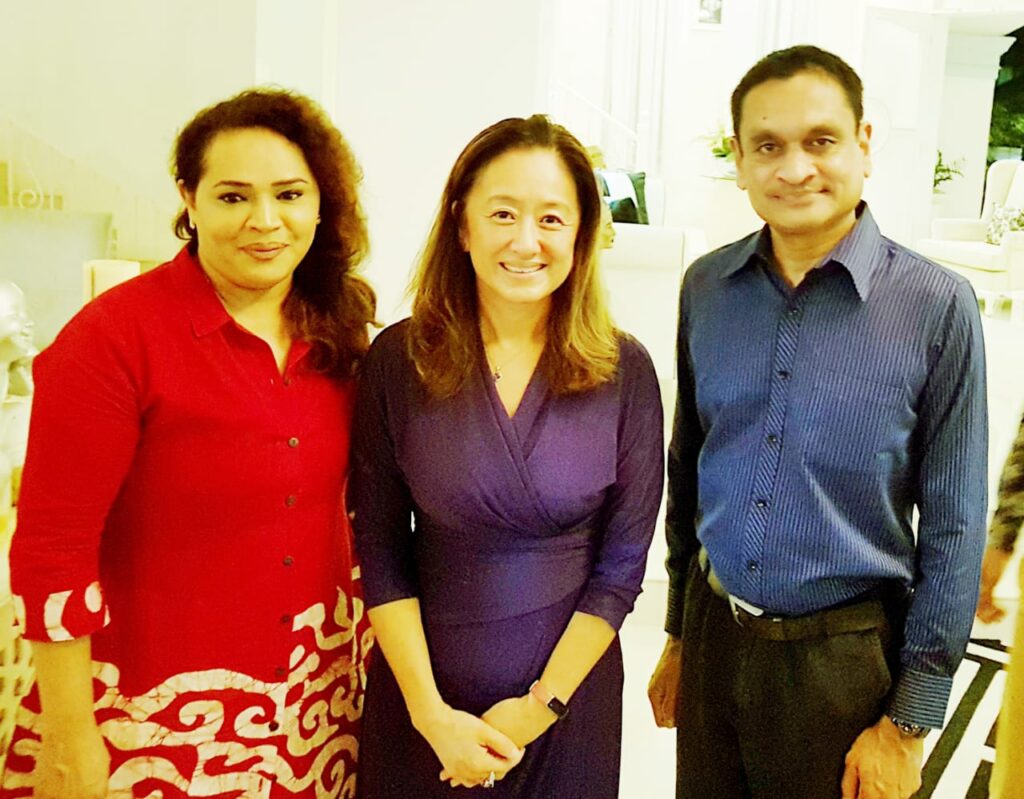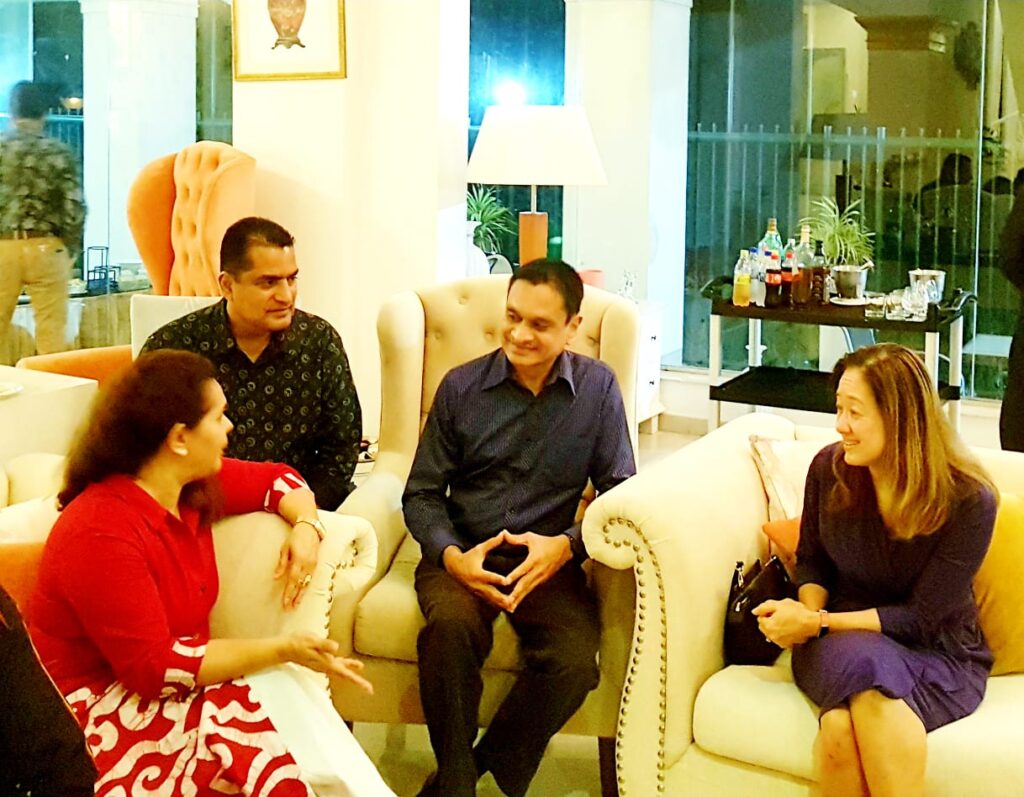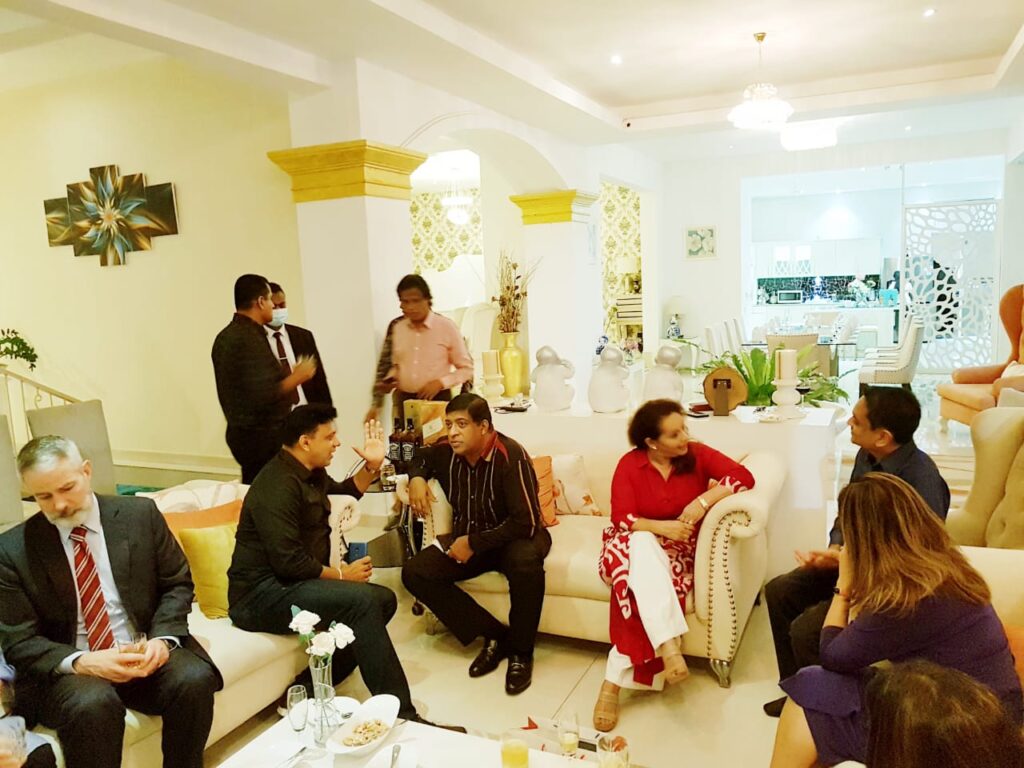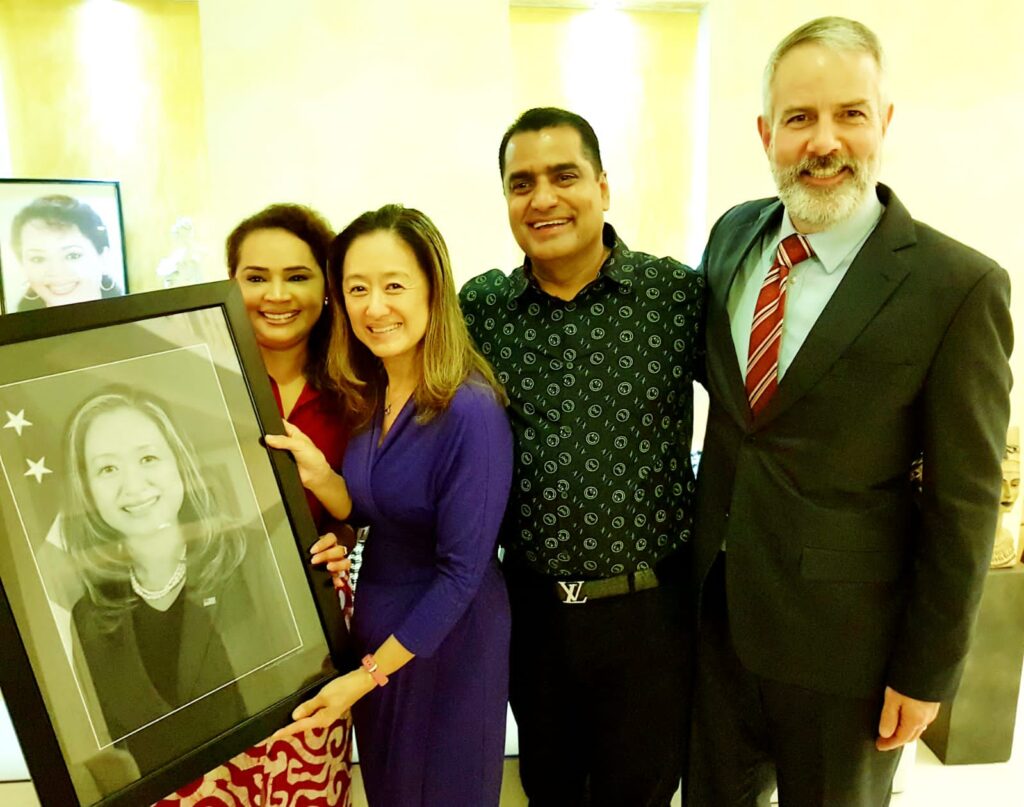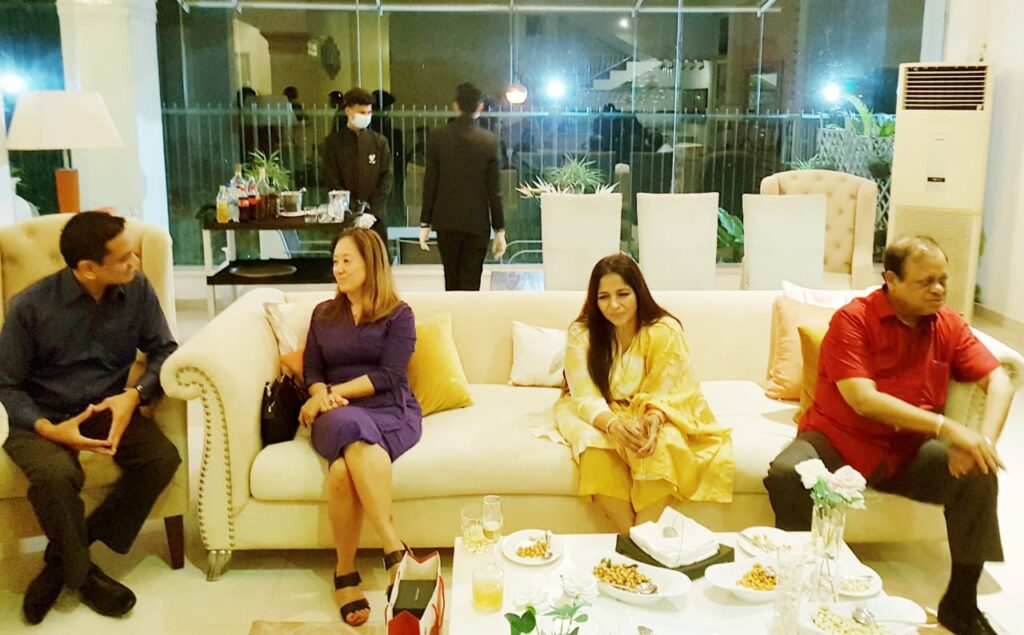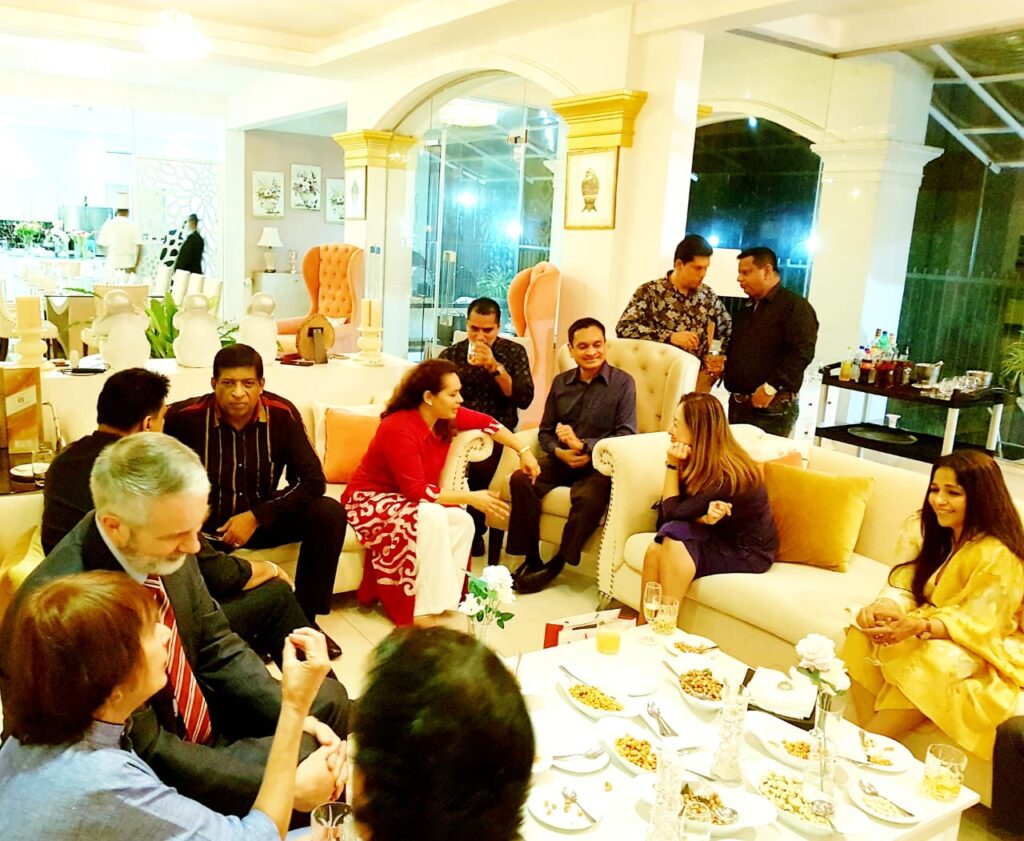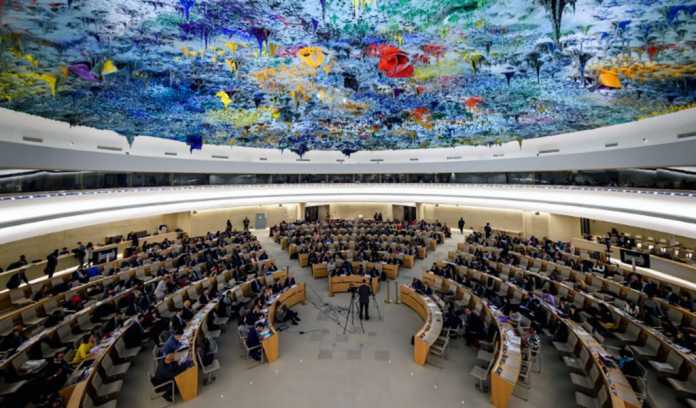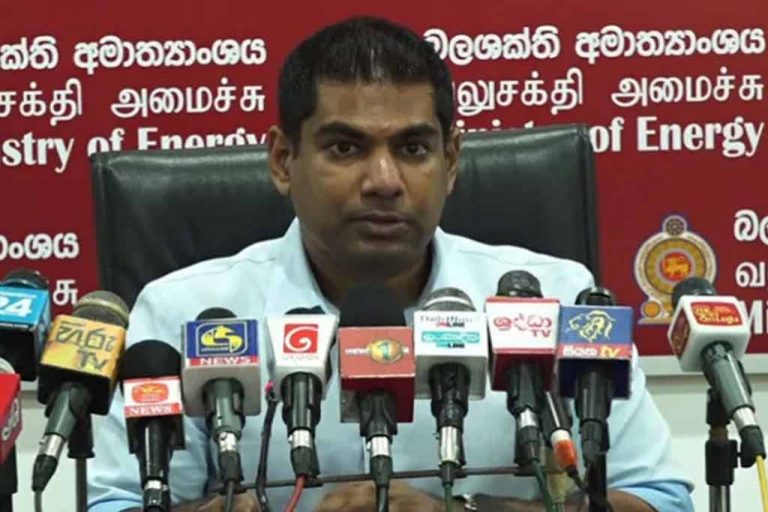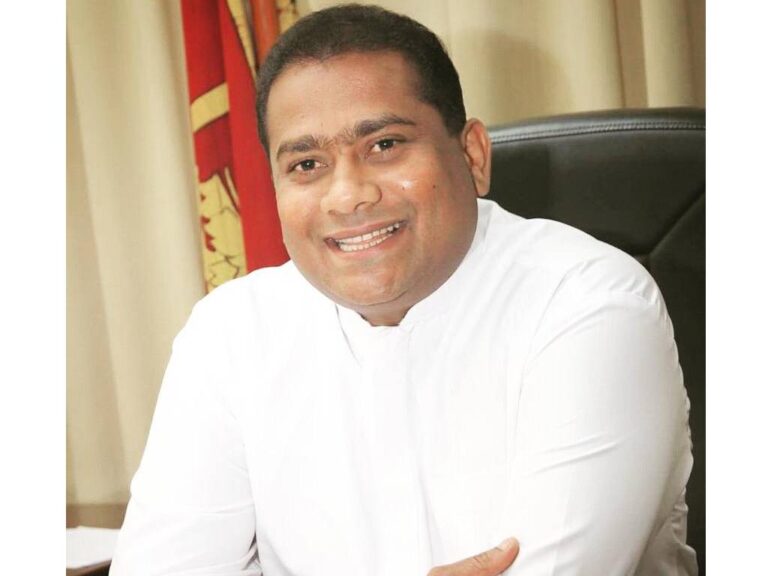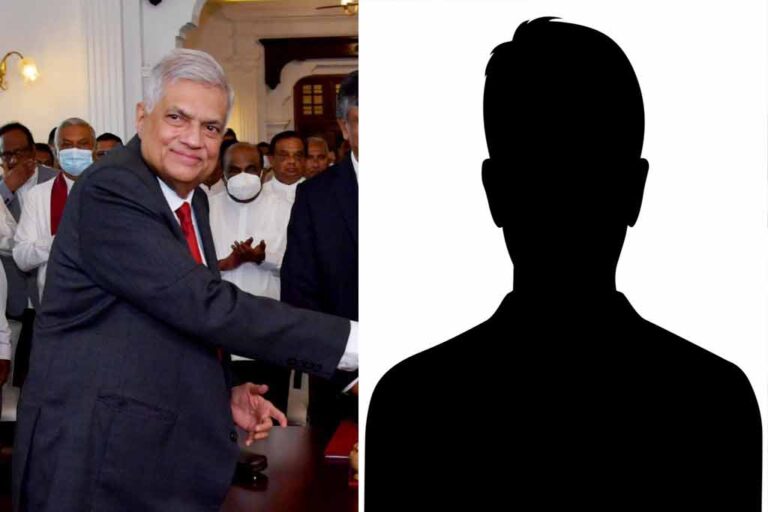Sri Lanka tightened import restrictions with a ban on more than 300 additional items including sports gear creating shortage hitting sports badly as an economic crisis that has affected hundreds of thousands of businesses and SMEs.
The Government’s recent clamp down on sports goods due to the foreign exchange crisis in the country is affecting a lot of sports, especially cricket.
Sri Lanka is facing shortage of cricket gear at a time where national cricket team has performed brilliantly in the UAE clinching the Asia Cup in yesterday ‘s final in nerve tingling finish and our Under-19 cricketers comprising schoolboys have beaten England in the Youth Test series.
The country has become Asian Net ball champions and showing prowess in athletics and other fields of sports.
Complaints are being made in especially from school cricket authorities that the ban is affecting them badly as cricket equipment cannot be sourced due to the ban of numerous items.
The inter-school cricket season third term is due to commence this month after being badly affected by COVID-19 for the past two years, and the scarcity of cricket equipment in the market is certain to affect many schools.
Cricket being a specialised game where so much equipment is required for playing as well as for training the current ban, if continued, will affect the game.
Sri Lanka is a full member of the International Cricket Council (ICC) and cricket is the only sport that brings valuable foreign exchange into the country as was witnessed during the recently concluded Australian cricket tour here.
It has won cash awrds in dollars wiining the Asia Cup to swell the country’s foreign exchange inflow.
Cricket not only brings the highest revenue it is also a recreation sport that cannot be affected by lack of equipment.
We do understand the acute problems related with foreign exchange but sports should not be hampered especially at schools and district levels.
The ban applies not only to cricket but to all sports who are attached to international bodies like the IOC, IAAF, FIFA, World Rugby (WR), FIBA, IAAF, BWF, ITTF to name a few.
Asa side effect of import ban on sports gear Decathlon, a France-based a sportswear brand said it is closing stores in Sri Lanka after an import ban imposed amid a currency crisis, made it impossible for the firm to operate in the country.
“Decathlon will indefinitely suspend all retail operations in Sri Lanka (store and eCommerce) from 30th October 2022, the company said in a statement.
Decathlon had operated a retail store in Battaramulla, Sri Lanka since 2018, while also operating an e-commerce website. Another store in Union Place was closed in July 31, 2022, the company said.
The company based in France is currently operating in 60 countries with 1,747 stores. Sri Lanka imposed an import ban on over 300 items in August, amid the worst currency crisis triggered in the history of the island’s soft-pegged central bank.
Forex shortages are a problem associated with soft-pegged regimes, and are absent in clean floats and hard pegs and is linked to money and credit. Import bans have no effect as long as credit fired by printed money continues.
The latest import ban however came amid a steep correction in the balance of payments after the central bank allowed rates to go up, reducing private credit and investments.
